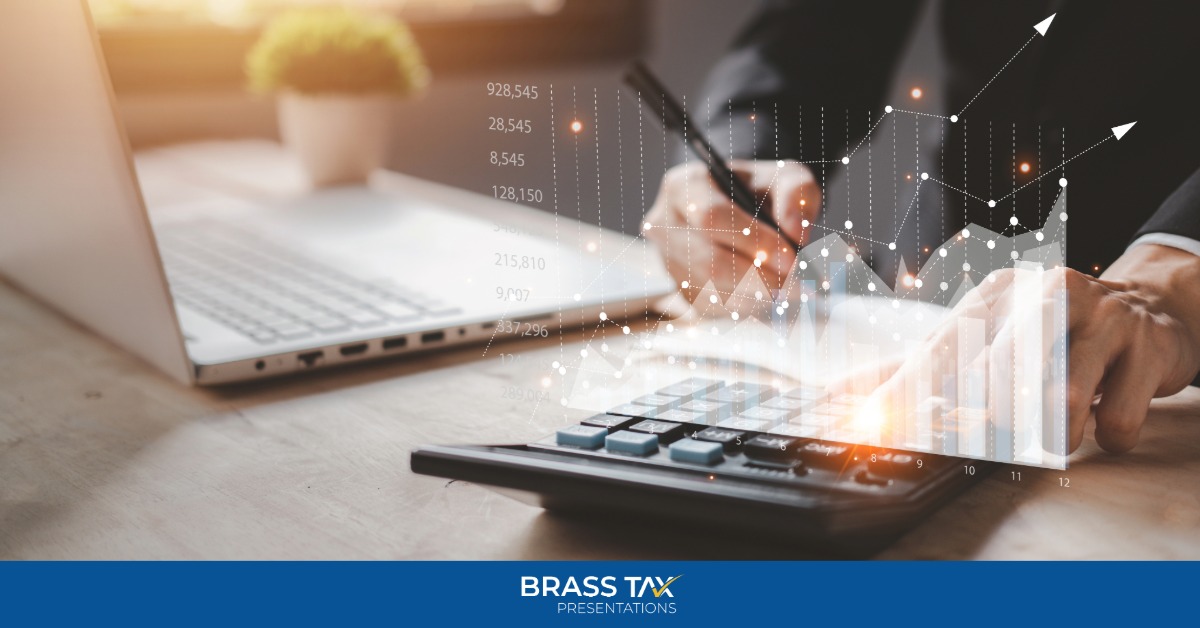Ask Us Anything
Dear Brass Tax Presentations,
I have a question regarding an S-Corp client with 4 shareholders, specifically the tax effects on stock/debt basis / Form 7203.
All four shareholders have a $0 stock basis. Two shareholders have some debt basis due to informal shareholder loans. Some also have loss/deduction carryover amounts. What happens if shareholder A buys the other three shareholders’ share of stock for a nominal amount? I know shareholders will lose any loss deduction carryover. But what happens to stock and debt basis? Does the buyer shareholder assume the seller shareholder’s debt basis, if applicable?
Thank you in advance!

From Brass Tax Presentations
If Shareholder A buys out Shareholders B, C, and D, Shareholder A’s stock basis in their new “blocks of stock” will be equal to their purchase price of said stock. The former shareholders’ debt basis will not transfer to Shareholder A. The liability on the books attributable to those former shareholders needs to be moved on Schedule L from loan from shareholder to a note payable.
Those shareholder won’t have basis in their debt (to the extent they’ve claimed losses against their debt basis), and so when they receive their repayments once they are “no longer shareholders”, they will still need to recognize income. If there is no formal written note, it appears it will be taxed as ordinary income. If they have a formal written note, then it should be taxed as a capital gain.
The gain on sale for Shareholders B, C, and D will not increase basis to free up those suspended basis losses (per IRS). You are correct in your assessment that those items will be lost (IRS Reg Section 1.1366-2(a)(6)(i)).
These are kind of loaded questions and we could go off in a million directions on them, but there is something basic to start with.
